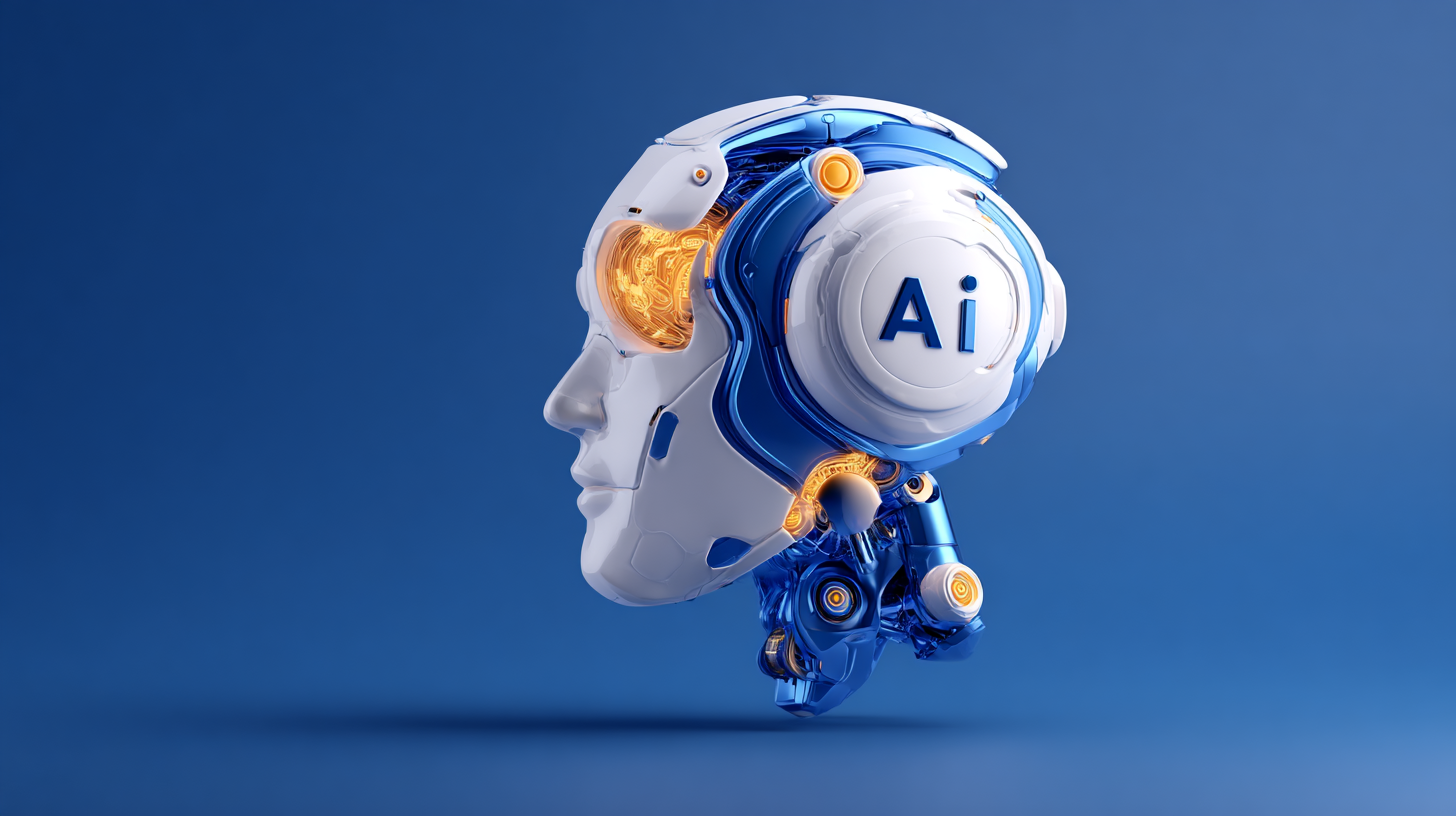In the evolving landscape of human resources, technology is not just an auxiliary support; it has become a cornerstone of effective HR management. The advent of agentic AI—a term that captures self-operating artificial intelligence capable of enhancing decision-making—opens a plethora of opportunities. However, despite the buzz surrounding this innovation, many HR leaders grapple with uncertainty regarding its potential benefits, especially when it comes to return on investment (ROI).
This blog seeks to demystify agentic AI, discussing its implications for HR automation, tackling prevalent challenges, and shedding light on how organizations can leverage these advancements effectively. By understanding these elements, HR professionals can better navigate the complexities of AI, ensuring that technology serves as a powerful ally in achieving their staffing goals.
What is Agentic AI?
Agentic AI refers to automated systems that can make recommendations or decisions without human intervention. It operates by interpreting vast amounts of data, learning from outcomes, and adapting over time. This is particularly useful in HR, where decision-making must often rely on the synthesis of diverse data sources—from employee performance metrics to market trends.
For example, consider an AI system that analyzes candidate data to predict which applicants might be the best fit for a particular role. By tapping into a multitude of factors, including previous hiring successes, employee satisfaction scores, and industry benchmarks, agentic AI can provide insights that are both rapid and precise.
Why HR Leaders Should Care: The Imperative of Agentic AI
For HR leaders, embracing agentic AI is less about staying ahead of the technological curve and more about fostering resilience within organizations. With the global workforce rapidly evolving, those who fail to adapt risk falling behind. According to a report by Deloitte, 80% of organizations plan to use AI in their HR processes by 2025. The question then becomes not if, but rather how to implement these solutions strategically.
Key Challenges and Uncertainties Surrounding Agentic AI
Despite the potential benefits, HR leaders often encounter several challenges when integrating agentic AI into their processes:
- Understanding Capabilities: Many HR professionals lack clarity on what agentic AI can actually achieve and how it differs from basic automation.
- ROI Evaluation: Determining the return on investment for agentic AI implementations can be complex, with many variables affecting outcomes.
- Workforce Adoption: Ensuring that staff are equipped and willing to work alongside AI systems is a crucial component for success.
- Data Security: As AI operates on vast datasets, concerns about privacy and compliance are paramount.
Navigating the Challenges: Actionable Strategies
Addressing these challenges requires a multifaceted approach:
1. Invest in Education and Training
Firstly, HR leaders should prioritize training initiatives that enhance understanding of AI technologies. Workshops, webinars, and collaborative forums can help demystify agentic AI and illuminate how it can be leveraged effectively.
2. Start Small and Scale
Implementing agentic AI should come in phases. Begin with pilot programs focusing on high-impact areas—such as talent acquisition or employee engagement surveys. This allows organizations to measure success, gather feedback, and build a case for broader implementation.
3. Develop a Clear Strategy for Data Utilization
Ensuring data integrity and security must be at the forefront of any AI initiative. Create robust policies around data collection, storage, and analysis to build trust with both employees and external stakeholders.
4. Craft a Change Management Plan
As AI begins to play a more significant role in workflows, preparing for cultural shifts within the organization is essential. Engaging employees early in the process and providing continuous support will facilitate smoother transitions.
Exploring Agentic AI Applications in HR
Agentic AI applications in HR are diverse and are increasingly becoming indispensable in areas such as:
1. Talent Acquisition
AI-driven platforms can help streamline application processes, matching candidates’ qualifications and experiences with job descriptions. By effectively filtering candidates, organizations can significantly reduce time-to-hire and improve overall hiring quality.
2. Employee Engagement
Using AI chatbots for employee queries can enhance responsiveness and free HR teams to focus on strategic initiatives. In addition, predictive analytics can identify trends in employee engagement, allowing for proactive retention strategies.
3. Performance Management
Agentic AI can facilitate a data-driven approach to performance reviews, allowing HR professionals to assess employee contributions more holistically. This is achieved by continuous feedback mechanisms and performance tracking through various data channels.
Impact on HR Automation
As HR automation takes root, the benefits of agentic AI become increasingly pronounced. According to a study by PwC, 45% of HR executive say automation helps keep their businesses agile and responsive. Automating repetitive tasks not only improves operational efficiency but also empowers HR professionals to focus on strategic planning and employee development.
The Global Landscape: Agentic AI in Different Regions
While the concept of agentic AI is gaining traction globally, the rate and method of adoption vary across regions. In North America and Europe, organizations are leading in AI integration, typically fueled by strong technological infrastructure and regulatory frameworks. In contrast, Asia-Pacific is seeing rapid advancements due to a younger workforce and entrepreneurial tech start-ups.
Despite these differences, a common thread exists: organizations that prioritize AI literacy and strategic implementation are more likely to outperform their competitors.
Conclusion: Embracing the Future of HR with Agentic AI
In conclusion, the integration of agentic AI into HR processes is not just an option—it’s becoming a necessity for organizations aiming to remain competitive in an increasingly digital world. As HR professionals, understanding AI technologies and their implications is vital. By navigating the associated challenges and leveraging actionable insights, HR leaders can drive meaningful change within their organizations.
To explore how agentic AI can transform your HR processes and enhance organizational efficiency, reach out to the Pulivarthi Group. Together, we can empower your workforce, streamline operations, and create a future-ready HR landscape.





